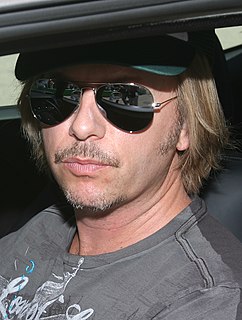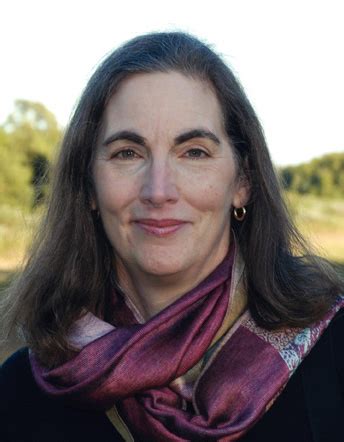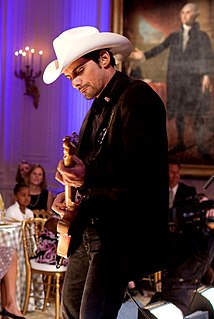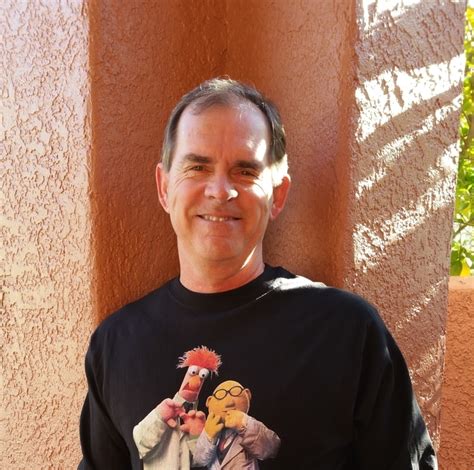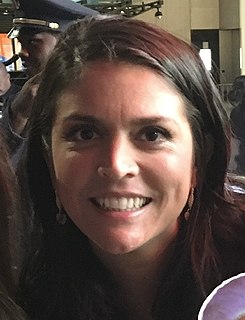A Quote by Riki Lindhome
The element of surprise - where you think you know where a joke is going, and then you're wrong. Those are my favorite kind of jokes.
Related Quotes
Humor has the tendency to be funny once. If I tell you a joke, we're going to have a big laugh. But the second time I tell the joke, it's going to be a bit strange, and the third time you're going to ask if there's something wrong with me. So I am very cautious with jokes, but there is a lightness in my work.
I think the beauty of documentary work is that it's a mystery - you never know where it's going to lead you. You start out with some notion of it, but it's very different from a script. A script you write, you shoot against, and you know what the story is going to be. There's always the element of surprise, but the surprise comes from performance, from something that's improvised, it comes from someone who sees it inside an already determined framework. In documentary, it's never determined. It's never the same, and affords enormous possibility.



